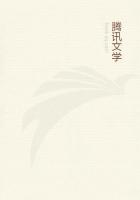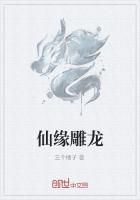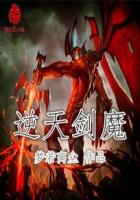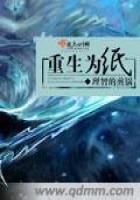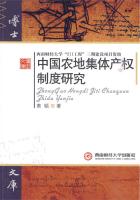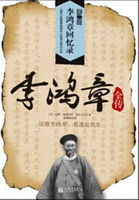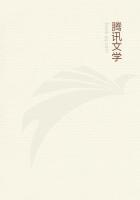A similar rain-charm is resorted to in some parts of India; naked women drag a plough across a field by night, while the men keep carefully out of the way, for their presence would break the spell.
Sometimes the rain-charm operates through the dead. Thus in New Caledonia the rain-makers blackened themselves all over, dug up a dead body, took the bones to a cave, jointed them, and hung the skeleton over some taro leaves.
Water was poured over the skeleton to run down on the leaves. They believed that the soul of the deceased took up the water, converted it into rain, and showered it down again. In Russia, if common report may be believed, it is not long since the peasants of any district that chanced to be afflicted with drought used to dig up the corpse of some one who had drunk himself to death and sink it in the nearest swamp or lake, fully persuaded that this would ensure the fall of the needed rain. In 1868 the prospect of a bad harvest, caused by a prolonged drought, induced the inhabitants of a village in the Tarashchansk district to dig up the body of a Raskolnik, or Dissenter, who had died in the preceding December. Some of the party beat the corpse, or what was left of it, about the head, exclaiming, Give us rain! while others poured water on it through a sieve. Here the pouring of water through a sieve seems plainly an imitation of a shower, and reminds us of the manner in which Strepsiades in Aristophanes imagined that rain was made by Zeus. Sometimes, in order to procure rain, the Toradjas make an appeal to the pity of the dead.
Thus, in the village of Kalingooa, there is the grave of a famous chief, the grandfather of the present ruler. When the land suffers from unseasonable drought, the people go to this grave, pour water on it, and say, O grandfather, have pity on us; if it is your will that this year we should eat, then give rain. After that they hang a bamboo full of water over the grave; there is a small hole in the lower end of the bamboo, so that the water drips from it continually. The bamboo is always refilled with water until rain drenches the ground. Here, as in New Caledonia, we find religion blent with magic, for the prayer to the dead chief, which is purely religious, is eked out with a magical imitation of rain at his grave. We have seen that the Baronga of Delagoa Bay drench the tombs of their ancestors, especially the tombs of twins, as a raincharm. Among some of the Indian tribes in the region of the Orinoco it was customary for the relations of a deceased person to disinter his bones a year after burial, burn them, and scatter the ashes to the winds, because they believed that the ashes were changed into rain, which the dead man sent in return for his obsequies. The Chinese are convinced that when human bodies remain unburied, the souls of their late owners feel the discomfort of rain, just as living men would do if they were exposed without shelter to the inclemency of the weather. These wretched souls, therefore, do all in their power to prevent the rain from falling, and often their efforts are only too successful. Then drought ensues, the most dreaded of all calamities in China, because bad harvests, dearth, and famine follow in its train. Hence it has been a common practice of the Chinese authorities in time of drought to inter the dry bones of the unburied dead for the purpose of putting an end to the scourge and conjuring down the rain.
Animals, again, often play an important part in these weather-charms. The Anula tribe of Northern Australia associate the dollar-bird with rain, and call it the rain-bird. A man who has the bird for his totem can make rain at a certain pool. He catches a snake, puts it alive into the pool, and after holding it under water for a time takes it out, kills it, and lays it down by the side of the creek. Then he makes an arched bundle of grass stalks in imitation of a rainbow, and sets it up over the snake. After that all he does is to sing over the snake and the mimic rainbow; sooner or later the rain will fall. They explain this procedure by saying that long ago the dollar-bird had as a mate at this spot a snake, who lived in the pool and used to make rain by spitting up into the sky till a rainbow and clouds appeared and rain fell. A common way of making rain in many parts of Java is to bathe a cat or two cats, a male and a female; sometimes the animals are carried in procession with music. Even in Batavia you may from time to time see children going about with a cat for this purpose; when they have ducked it in a pool, they let it go.


